Genuine small holiday letting businesses in England to be protected by closure of second home tax loophole
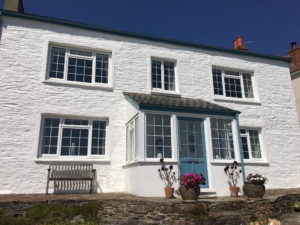 Owners of second homes in England who abuse a tax loophole by claiming their often-empty properties are holiday lets will be forced to pay under tough new measures.
Owners of second homes in England who abuse a tax loophole by claiming their often-empty properties are holiday lets will be forced to pay under tough new measures.
The new rules, to be introduced in April 2023, were announced today in a statement from the Department of Levelling Up, Housing and Communities and Michael Gove MP.
In summary:
- Homeowners who leave properties empty while pretending to let them to holidaymakers will be targeted
- Under the new rules, holiday lets must be rented out for a minimum of 70 days a year to qualify for business rates, which often brings financial advantages
- Changes to tax rules will protect genuine holiday lets and benefit popular holiday destinations, including Devon, Cornwall and the Lake District
Owners of second homes who abuse a tax loophole by claiming their often-empty properties are holiday lets will be forced to pay under tough new measures announced by the government today (14 January 2022).
The changes will target people who take advantage of the system to avoid paying their fair share towards local services in popular destinations such as Cornwall, Devon, the Lake District, Suffolk, West Sussex and the Isles of Scilly.
How did the second homes tax loophole work?
Currently, owners of second homes in England can avoid paying council tax and access small business rates relief by simply declaring an intention to let the property out to holidaymakers. However, concerns have been raised that many never actually let their homes and leave them empty and are therefore unfairly benefiting from the tax break.
Following consultation, the government will now bring changes to the tax system, which will mean second homeowners must pay council tax if they are not genuine holiday lets.
What’s changing for owners of second homes who are registered for business rates?
From April 2023, second homeowners will have to prove holiday lets are being rented out for a minimum of 70 days a year to access small business rates relief, where they meet the criteria.
Holiday let owners will have to provide evidence such as the website or brochure used to advertise the property, letting details and receipts.
Properties will also have to be available to be rented out for 140 days a year to qualify for this relief.
Government backs small business including responsible short term lets
Secretary of State for Levelling Up Rt Hon Michael Gove says:
“The government backs small businesses, including responsible short-term letting, which attracts tourists and brings significant investment to local communities.
However, we will not stand by and allow people in privileged positions to abuse the system by unfairly claiming tax relief and leaving local people counting the cost.
The action we are taking will create a fairer system, ensuring that second homeowners are contributing their share to the local services they benefit from.”
Tourism industry welcomes clear distinction between second homes and genuine self-catering businesses
Kurt Jansen, Director of the Tourism Alliance says:
“Establishing these new operational thresholds for self-catering businesses is welcomed by the tourism industry as it makes a very important distinction between commercial self-catering businesses that provide revenue and employment for local communities, and holiday homes which lie vacant for most of the year.
It is recognition that tourism is the lifeblood of many small towns and villages, maintaining the viability of local shops, pubs and attractions.
The move will protect genuine small holiday letting businesses across the country and will support local economies by encouraging tourism and by ensuring second homeowners pay a fair contribution towards public services.
Around 65,000 holiday lets in England are liable for business rates of which around 97% have rateable values of up to £12,000. Currently there is no requirement for evidence to be produced that a property has actually been commercially let out.”
This article is only meant as a top line summary of these issues. Need more guidance on whether you should be paying business rates or council tax? We recommend that you seek a professional working in this area. You can also contact the Valuations Agency Office.
Boshers offer specialist holiday home insurance to holiday let and cottage complex owners across the UK. If you need an insurance quote for your holiday let call us on 01237 429444.
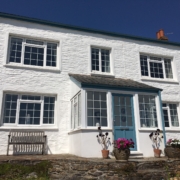
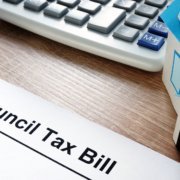
 Plans to double council tax on holiday homes
Plans to double council tax on holiday homes
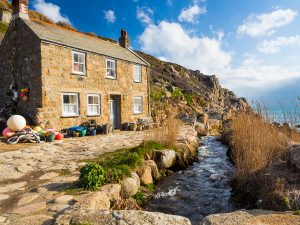 For many, owning a holiday home on the coast is the dream. Albeit at a price, but just how much could that fantasy property cost us? It will come as no surprise that there is often a hefty premium to be paid. Especially when it comes to proximity to the coast. Further still if that proximity extends to a view of it.
For many, owning a holiday home on the coast is the dream. Albeit at a price, but just how much could that fantasy property cost us? It will come as no surprise that there is often a hefty premium to be paid. Especially when it comes to proximity to the coast. Further still if that proximity extends to a view of it.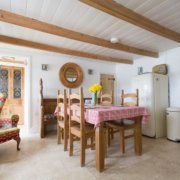
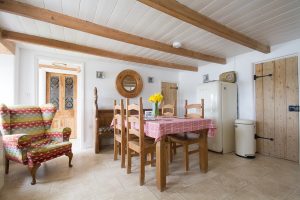 Business rates for
Business rates for 
 It’s the end of the high season for holiday home owners across the UK, and it’s also a great time to start thinking about becoming an owner if you aren’t already. The popularity of
It’s the end of the high season for holiday home owners across the UK, and it’s also a great time to start thinking about becoming an owner if you aren’t already. The popularity of 


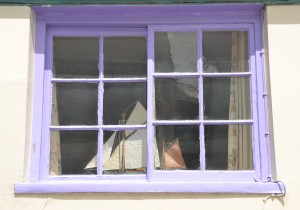 The tourism industry is now worth more than £137 billion to the UK economy and with the latest Census figures showing that more than 1.6 million people in England now own a second home, could you be ready to join the queue of people buying a holiday cottage and welcoming guests through their doors?
The tourism industry is now worth more than £137 billion to the UK economy and with the latest Census figures showing that more than 1.6 million people in England now own a second home, could you be ready to join the queue of people buying a holiday cottage and welcoming guests through their doors?
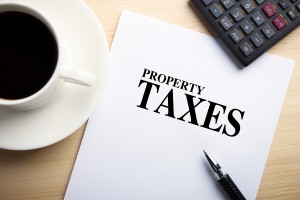 This year’s autumn budgetary statement from George Osborne had many looking on intently, wondering just how far cuts would reach, and where extra revenue would be gained as the country continues to ‘balance the books’ and reduce the deficit. Those wishing to invest in an additional home may wish to consider speeding up their purchase before the proposed stamp duty tax increase for second home purchasers takes effect.
This year’s autumn budgetary statement from George Osborne had many looking on intently, wondering just how far cuts would reach, and where extra revenue would be gained as the country continues to ‘balance the books’ and reduce the deficit. Those wishing to invest in an additional home may wish to consider speeding up their purchase before the proposed stamp duty tax increase for second home purchasers takes effect.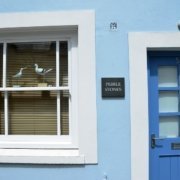
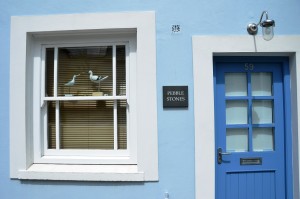 If you’re thinking about buying a holiday home, or already own a second home, there are plenty of benefits to opening your doors to visiting tourists. We take a look at a few of the benefits of holiday letting your second home that await those taking the plunge…
If you’re thinking about buying a holiday home, or already own a second home, there are plenty of benefits to opening your doors to visiting tourists. We take a look at a few of the benefits of holiday letting your second home that await those taking the plunge…
 In Sunday’s episode of Countryfile, presenter Charlotte Smith explored the impact of second homes on rural and coastal communities. The reporting was well researched and balanced in our opinion. Have a look for yourself on BBC iPlayer
In Sunday’s episode of Countryfile, presenter Charlotte Smith explored the impact of second homes on rural and coastal communities. The reporting was well researched and balanced in our opinion. Have a look for yourself on BBC iPlayer